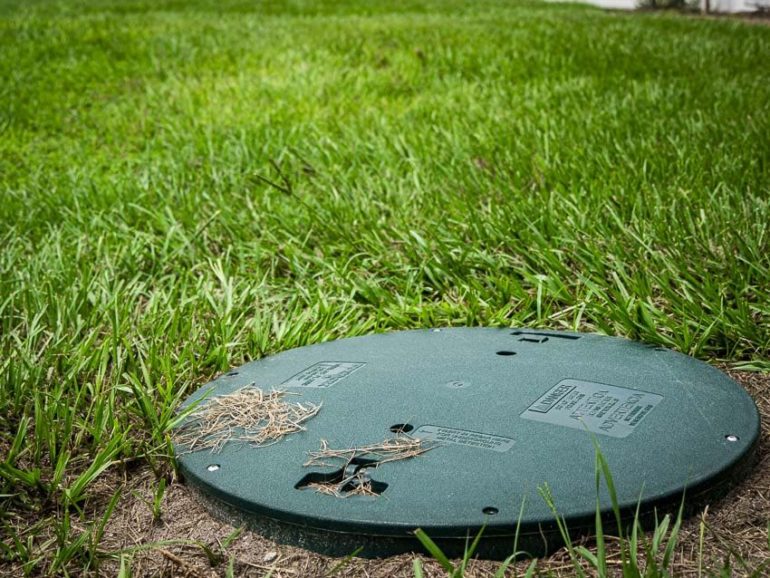
24 Hour Emergency Plumbing & Septic Services
4.8 / 5 Ratings based on 584 reviews Great Plumbers, Great Reviews
Get $25 OFF This Saturday
404-629-9478

24 Hour Emergency Plumbing & Septic Services
4.8 / 5 Ratings based on 584 reviews Great Plumbers, Great Reviews
Get $25 OFF This Saturday
404-629-9478
Is a foul smell permeating the air in your backyard? Have you noticed your drains are slow to empty? These are warning signals your septic tank is crying for help. At times like this, knowing exactly where your septic tank is located is essential. At New Era Plumbing, we help local clients take care of their septic issues with our comprehensive septic services. Read below to learn how to locate your septic tank without breaking a sweat. So, the next time you have a septic situation, you'll know exactly where to start.

Your septic system is quite a trooper, handling all the waste from your household, but it does have its limits. Here are some signs that it might need a little TLC:
If you're experiencing any of these, you might need to locate your septic tank for servicing or inspection.
You don't need an arsenal of tools to find your septic tank, just a few basics to get started:
Armed with these, you're ready to undertake your mini treasure hunt.
Before you start digging around, take a look at your home's blueprint or property map, if available. These documents usually indicate the location of the septic tank. Often, the septic tank is situated about 10 to 25 feet from the home's foundation, in a straight line from the sewer pipe exit. Knowing this can save you a lot of random digging and second-guessing.
If you're keen on being super accurate, a metal detector can be your best friend in this situation. Most septic tanks have metal components, like rebar or a metal lid. Simply walk slowly over the area where you suspect your septic tank is buried, and wait for the metal detector to signal you.
A soil probe or even a sturdy shovel can help you locate your septic system. Carefully probe the ground, moving in a pattern to cover the area where you think the tank is. You're looking for a change in soil consistency, usually the ground above the tank will be less compact. Once you feel a difference, mark the spot. You may want to dig a small test hole to confirm. Please remember to probe carefully because puncturing the tank would add a whole new set of problems.
While it's entirely possible to locate your septic tank on your own, there are situations where a pro's touch makes all the difference. Maybe the tank is deeper than you thought, or perhaps you're dealing with a complicated system that requires specialized tools. Professionals can not only help you find the tank but can also service it properly, ensuring your septic system enjoys a long and functional life.
While locating your septic tank is certainly doable with basic tools and a bit of detective work, there are moments when it's best left to the pros. If you’re struggling with septic issues of any kind, call New Era Plumbing. We offer professional, reliable septic services that get the job done right. Contact our office for more details or to schedule an appointment.
Many people overlook the essentiality of the storm drains to our safety…
The treatment and disposal of wastewater from homes is mostly dependent on…
A clogged drain is usually considered a minor problem as it is…